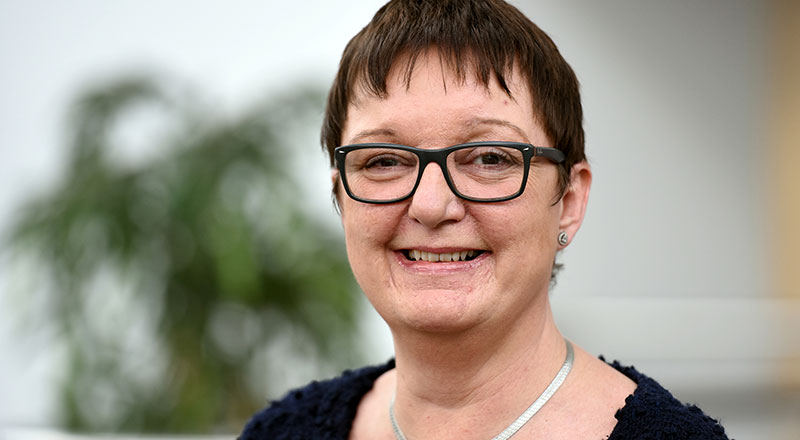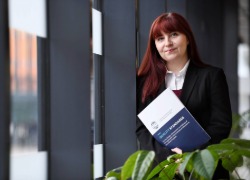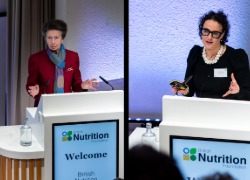Teesside team to research international access to essential services
A Teesside University research team will lead a project to strengthen equal access to essential services such as clean water and electricity for all communities in India.

The multi-disciplinary research, which will focus on the implementation and use of smart metering in urban communities, will ultimately contribute to the health and wellbeing in areas of India without universal access to electricity and water.
The research team will investigate how access to services such as clean water and electricity is affected by metering technologies currently planned for and implemented in the rapidly growing cities in the Global South region.
The two-year research will focus on Greater Mumbai in India, with the goal of informing the implementation and use of smart metering in ways which create social inclusion, environmentally sensitive consumption patterns and reduce health inequalities.
The principal investigator, Dr Tracey Crosbie, Reader in Sustainability in the Built Environment, in the University’s School of Computing, Engineering & Digital Technologies, will lead an international team at Teesside University and the Indian Institute of Technology Bombay (IIT-B) in Mumbai, India.
The team includes Dr Gobind Pillai and Dana Abi Ghanem, also from the School of Computing, Engineering & Digital Technologies, Professor Dorothy Newbury-Birch and Gillian Waller from the University’s School of Social Sciences, Humanities & Law, along with Professor Santanu Bandyopadhyay and Dr Arnab Jana at IIT-B.
Dr Crosbie said: 'Meters are gateway technologies which control access to services, such as clean drinking water and electricity, both of which are basic requirements for health and well-being.
'Metering of consumption is essential to the efficient operation and planning of electricity and water networks. However, it is often lacking or not fit for purpose in the Global South, which has led national and international agencies and governments to encourage the introduction of ‘smarter’ more comprehensive metering in the water and electricity sectors.'
Dr Crosbie added: 'It is clear that two of India’s key challenges in attaining sustainable development and improving health and wellbeing are to provide reliable and affordable power, and clean water and sanitation to all. The introduction of improved consumption metering is essential to this process.
Meters are gateway technologies which control access to services
'The research will identify how access to essential services is being re-configured within the metering technologies currently being considered for and implemented in rapidly growing cities in India. The findings will also contribute towards an understanding of how it might be possible to steer the implementation and use of metering technologies in ways that engender social inclusion, environmentally sensitive consumption patterns and a reduction in health inequalities.'
Dr Crosbie added: 'IIT-B will benefit from the interdisciplinary expertise of the Teesside team while Teesside University will benefit from the expertise of IIT-B in electricity networks and water systems in India and the problems facing the rapidly growing cities in the Global South.
'For a nation like India with a high rate of population growth, the demand for water and electricity can only increase. As metering holds the key to revenue for these utilities, it is of paramount importance. Asset management, planning of new utility infrastructure, tariffs and pricing of electricity and water services are all fundamentally influenced by metering.
'Success for the project beyond delivering all promised outputs would see the research mentioned in policy documents at the local, state and national level. In this way the project will influence the decisions made in Mumbai and beyond, in relation to the implementation of water and energy consumption metering.'
The £238,067 project is funded through the British Academy’s Urban Infrastructures of Well-Being Programme 2019, supported under the Global Challenges Research Fund.
In the News
Teesside team to research international access to essential services
Tees Life
A Teesside University research team will lead a project to strengthen equal access to essential services such as clean water and electricity for all communities in India.
 Teesside academic leads the way in setting professional
...
Teesside academic leads the way in setting professional
... Teesside University leads new research into Roman Empire’s
...
Teesside University leads new research into Roman Empire’s
... Nourishing Tomorrow: my insights from the British Nutrition
...
Nourishing Tomorrow: my insights from the British Nutrition
...